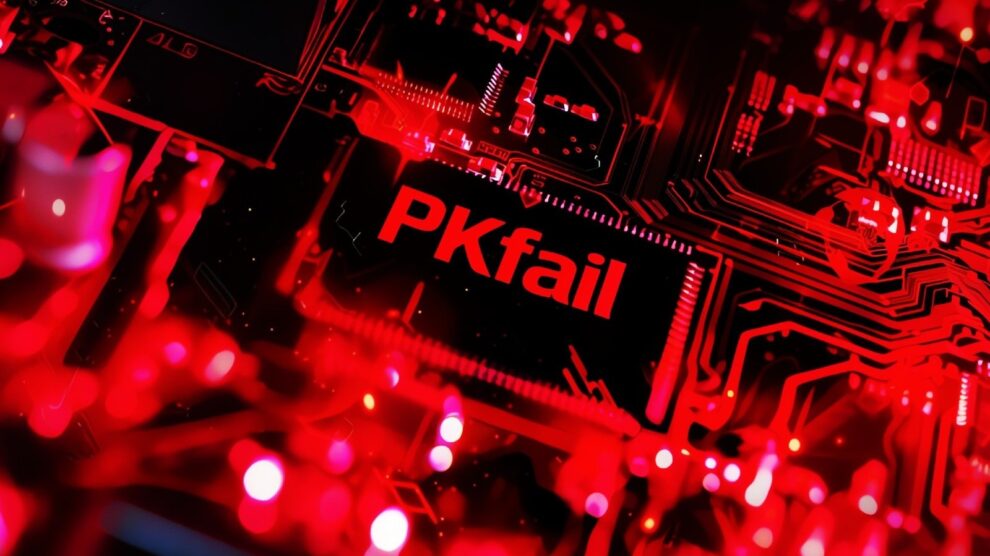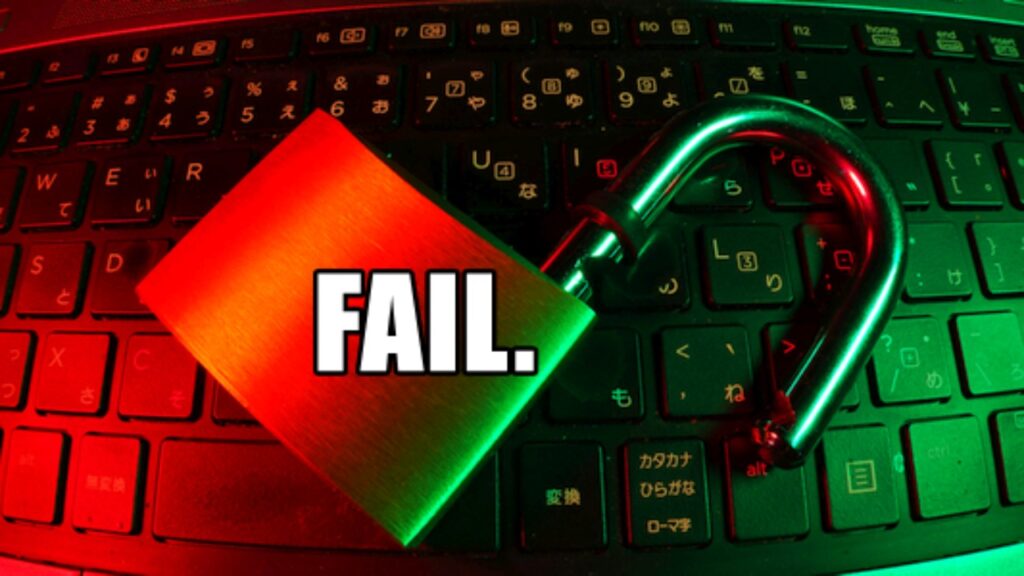What is PKfail?
PKfail is a critical security vulnerability that allows attackers to bypass Secure Boot, a feature designed to prevent unauthorized software from loading when your device starts up. Think of Secure Boot as a bouncer for your computer – PKfail is like giving the bad guys a fake ID that works every time.
The Scale of the Problem
This isn’t a small issue. PKfail affects hundreds of UEFI firmware products from 10 different vendors. That means a wide range of devices could be at risk:
- Personal computers
- Laptops
- Servers
- And potentially more…
How Did This Happen?
The root of the problem lies in something called “Platform Keys.” These keys are supposed to be unique and secure, like the key to your house. However, some manufacturers have been using generic test keys – essentially leaving a “spare key” under the welcome mat with a note saying “DO NOT USE” (spoiler alert: hackers don’t follow instructions).
What’s at Stake?
If PKfail is exploited, the consequences could be severe:
- Attackers could install UEFI malware that’s incredibly hard to detect and remove
- This malware could steal your sensitive data
- It could tamper with your system settings
- It could even use your device to launch further attacks
Protecting Yourself from PKfail
Don’t panic – there are steps you can take to protect your devices:
1. Stay Updated
The most important thing you can do is keep your device’s firmware up to date. Manufacturers are working on patches to fix the PKfail vulnerability.
2. Check Your Device
Visit your device manufacturer’s website and look for:
- Security advisories mentioning PKfail
- Recent firmware updates
- Instructions on how to check if your specific model is affected
3. Consider Professional Help
If you’re unsure about updating firmware or assessing your risk, don’t hesitate to consult an IT security professional. They can guide you through the process and ensure your device is protected.
The Bigger Picture: Why UEFI Security Matters
PKfail is a stark reminder of how important firmware security is. UEFI is the first code that runs when you turn on your device – if it’s compromised, everything that comes after is at risk. This vulnerability highlights the need for:
- Better security practices from manufacturers
- Increased awareness of firmware security among users
- Regular security audits of low-level system components
Looking Ahead: The Future of Firmware Security
As our devices become more integral to our lives, securing them at the deepest levels becomes crucial. PKfail serves as a wake-up call for the industry. We can expect to see:
- More rigorous testing of UEFI implementations
- Increased scrutiny of security practices in firmware development
- Potentially new standards for firmware security certification
Stay Vigilant, Stay Secure
PKfail is a serious vulnerability, but by staying informed and taking action, you can protect your devices. Remember:
- Check for updates regularly
- Be cautious about the software you install
- Keep an eye out for any unusual behavior on your device
Your device’s security starts at the firmware level. By understanding threats like PKfail and taking steps to mitigate them, you’re building a stronger foundation for your digital life.











Add Comment